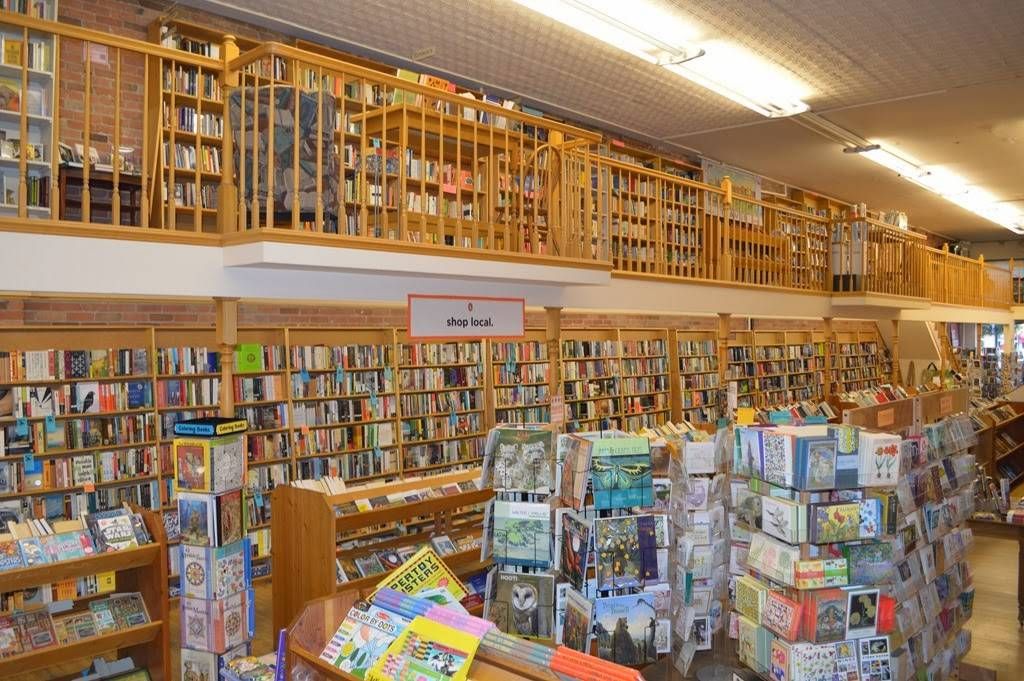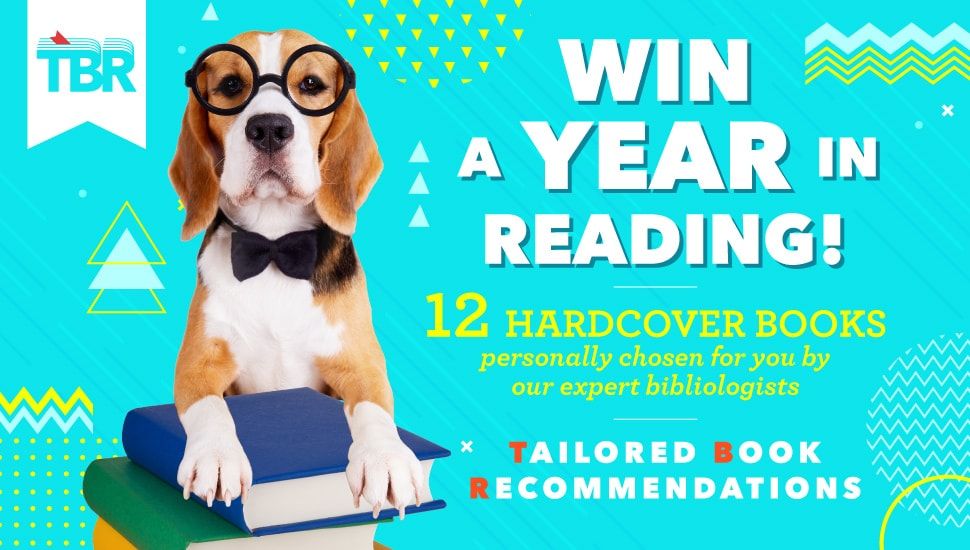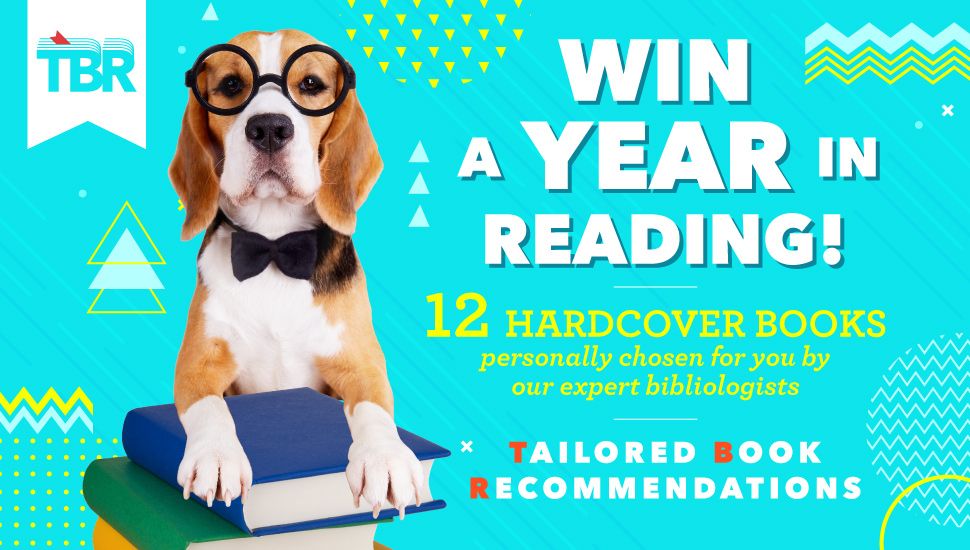
Webcomics: Comic Training Wheels or the Wide Open Road?
I started reading webcomics as a teenager before I got into what I considered “actual” comics – single issues purchased from a comic book store, usually about white male superheroes, almost always written and drawn by white men. Kate Beaton’s fantastic Hark! A Vagrant was my first foray into the wonderful webcomics world, and I was instantly enthralled. Here was a woman – a WOMAN – writing hilarious and intelligent comics about real historical events, people, novels, what have you. I had always thought comics was a boy’s club, but now I saw that not only could women write comics, but they could write funny comics, with references that sent me running to google to look up obscure Canadian government officials from the 70s (Somewhere in my webcomic searches, I discovered that a lot of my favorite webcomic creators were Canadian. Every time I discovered that another one was a Canuck, I became more terrified. “Who are these kind, hilarious, maple-syrup-covered comic geniuses?” I whispered. “And what do they want with the minds of young Americans?”). I was in love.
My appetite for webcomics grew, and soon I was reading everything my grubby little Internet paws (um, my eyes, I guess?) could grasp. Married to the Sea was another instant favorite, followed closely by The Oatmeal, Cucumber Quest, Witchy, Curvy, Dinosaur Comics, and oh, about a million more. Although the world of comic books – dominated by Marvel and DC – still seemed to be a white man’s domain, webcomics were a veritable playground for women, LGBTQ people, and people of color. I felt so comfortable in this welcoming nest that I didn’t venture into physical comics until 2014, and that only happened because something out there seemed to be shifting.
Suddenly, behemoths Marvel and DC (following Image, always the trailblazer) realized that not only did women and people of color like comics, but they, like… REALLY liked comics. The first issue of the redesigned Ms. Marvel, with Pakistani Muslim Kamala Khan sporting the cape, flew off the shelves and sold out at my local comic shop within hours. Saga, a series with several main female characters of ambiguous race (I mean, they’re aliens, but they don’t look like white people, which feels like a big deal), became the most popular comic of the year and won several Eisners. Bitch Planet, a new Image series, was groundbreaking in that ALL of the main characters were women of color.
Perhaps most importantly, women started working behind the scenes more than ever before: Kelly Sue DeConnick became one of the biggest names in current comic culture as the writer of Bitch Planet and Pretty Deadly. Fiona Staples, the artist of Saga, won an Eisner for her work, as did Jordie Bellaire, the colorist for The Manhattan Projects (among many other amazing series). Comics now seemed like a place where women were not only welcome, but excelling, and I was eating up all of the amazing new stories.
Which brings us to the present: currently, I have about 12 subscriptions at my favorite comic book store that I pick up every Wednesday. And yet, I still find myself returning to my favorite webcomics time and again, despite the shiny draw of the physical single issues on my desk. Even with all of the advancements in diversity that major comics publishers are making, it doesn’t feel like enough. Yes, many more women are writing for syndicated comics – but most of them are white. Yes, Lumberjanes is fantastic, and so is Help Us! Great Warrior (basically, anything Boom! BOX is publishing), but LGBTQ folks are still sorely underrepresented on the pages and behind the scenes. When they do show up, there are still embarrassing and damaging missteps in the way they’re presented, particularly with trans characters. In webcomics, otherwise marginalized people will always have a place, and they’ll always produce fantastic work.
I’m excited for the day that the professional world of comics feels as inclusive as the webcomics community, but until that day, webcomics will always be a comforting and consistent source of content from fantastic marginalized voices. They may seem like training wheels for a fledgling comics enthusiast, but they’re on the forefront in terms of inclusivity and diversity, which, to me, makes them more like a wide-open road. Let’s hope syndicated comics catch up soon.
____________________
Follow us on Twitter for more comics goodness!















